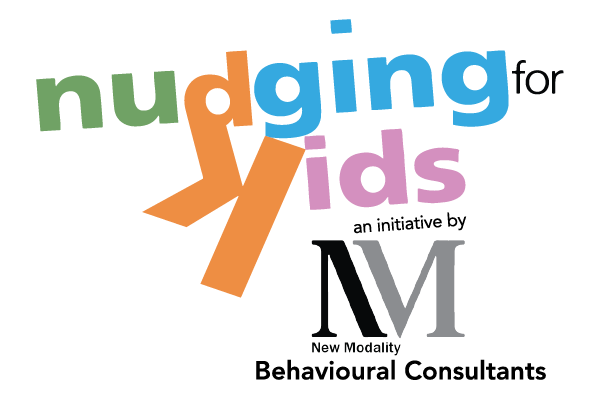
17 Feb Nudging for Honesty
Always speak the truth. Honesty is the best policy. Being truthful is right, and lying is wrong. These are some of the most fundamental moral dictums that parents teach children from an early age. As parents, we are always compelling our kids to tell the truth just the same as our parents did with us, and there’s nothing wrong with that.
But not lying isn’t as simple as it sounds. “The way children see honesty and deceit is a way of gaining insight into different stages of moral and social development of your child. Children get a lot of messages from their parents saying that lying is always wrong, but at the same time, they see their parents telling ‘white’ lies to make life easier. Depending on their age, this is likely to be a bit confusing for children.” explains Professor Talwar in a paper titled Children’s Evaluations of Tattles, Confessions, Prosocial and Antisocial Lies, International Review of Pragmatics, 2016. As children grow up, seeing, observing and learning from the adults around, simply preaching to them to speak the truth and expecting them to blindly follow your clichés will not work. And this isn’t just the case with older children. Lying starts as young as ages 3 and 4!
When preschoolers start lying, it’s a new developmental milestone, according to research by Kang Lee, a University of Toronto professor and director of the Institute of Child Study. Lee’s study also shows that lying is frequent from age 4 to 17, and by age 7, kids can tell well enough for parents to not catch them in the process. That’s why when it comes to being honest and speaking the truth, you need to start nudging (not nagging or preaching) from an early age. NFK shares some fun nudges you can design to help young children understand the meaning of truth, lies and its various implications from an early age.
- Roleplay with hand puppets – Create a story with one mama/papa and one baby hand puppet where baby breaks a glass vase in the house and tries to hide it. Mama/papa spot the missing ornament but don’t ask baby anything. Finally overwhelmed with guilt, scared baby confesses the truth to mama/papa, but instead of getting mad, they give the baby a warm hug for speaking the truth and ask him to be careful next time. Message – telling the truth is always healthier for relationships.
- The Lie Obstacle Game – In your backyard or your living room, create two obstacle paths for your child. Call one the path of truth and the other one the path of lies. Keep the path of truth simple and straightforward and ensure the path of lies is complicated and laden with waste paper, old toys, block obstacles etc. Now tell him/ her that you’ve hidden their favourite toy in one among the two paths but do so only somewhere along the path of truth. Ask your child to navigate the path of lies and then the path of truth to reach their toy. Once the exercise is done, ask him/her a simple question – which was the easier, more rewarding path to take? You know what the answer will be.
Message – Explain to your child how the path of lies is complicated, filled with difficulties, and it may seem enticing but won’t reward him/her. The path of truth is where the reward lies because once you speak the truth, the path is easy to navigate through.
- Eat the ice cream exercise – Take a scoop of your child’s least favourite flavour of ice cream and cover it up with their favourite toppings, sprinkles and syrups. Then stick in a spoon and offer it to him/her.
Message – As parents, we are always telling our children how the truth cannot be hidden for long, and this is a great way to demonstrate the same to your child. Eventually, the truth will come out and create disappointment for both him/her and anyone else involved with the lie.
Bringing up children, to be honest individuals who understand the value of truth and integrity is very important. Nudging them in creative ways and having frank conversations about honesty and its various facets from an early age will go a long way in helping you fulfil your goal.
Most importantly, always be honest with your child so that they know that it’s an essential moral value they need to inherit from mom and dad.
No of words – 741
Sources


